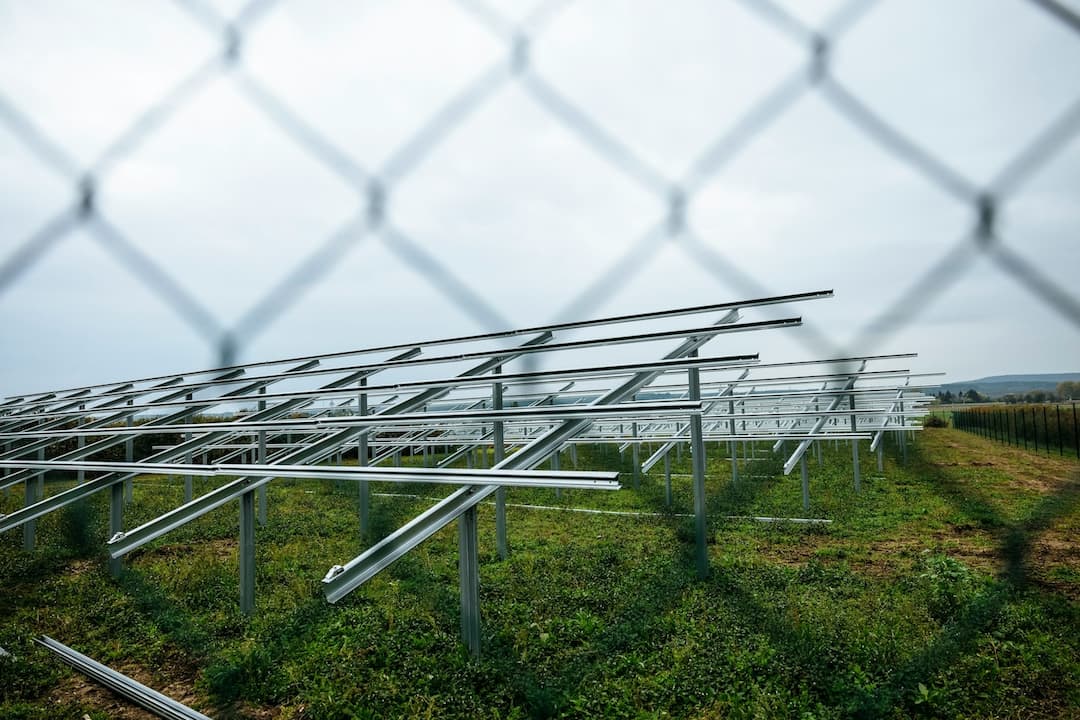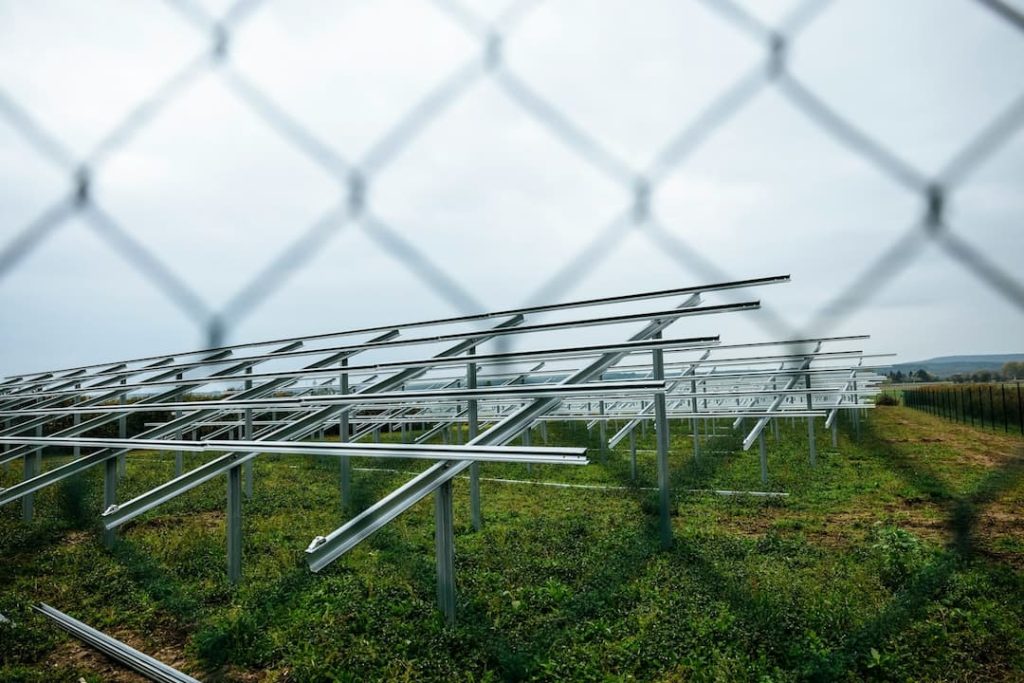Singapore secures 30-year access to U.S. nuclear technologies: A leap towards clean energy

On July 31, 2024, Singapore and the United States formalized a significant nuclear cooperation agreement, known as a “123 Agreement,” during a meeting between U.S. Secretary of State Antony Blinken and Singapore’s Minister for Foreign Affairs, Dr. Vivian Balakrishnan.

This landmark deal, which will last for 30 years, aims to deepen collaboration on the peaceful use of nuclear energy. It marks a pivotal step for Singapore as it explores alternative energy sources to reduce its carbon emissions and reliance on fossil fuels.
The agreement will enable Singapore to access advanced American nuclear technologies and scientific research, which are currently subject to export controls. It is anticipated to come into effect by the end of 2024, pending approval from the U.S. Congress. This partnership enhances Singapore’s energy capabilities and aligns with global efforts to transition to cleaner energy sources.
Commitment to nuclear safety and non-proliferation
In a joint statement, both nations emphasized their commitment to nuclear non-proliferation and safety. Blinken remarked:
As Singapore decides whether to adopt civil nuclear energy, the 123 Agreement creates possibility, it creates a framework to develop safe, secure, modern civil nuclear power.”
This sentiment reflects Singapore’s ongoing efforts to evaluate nuclear energy as a viable option for its energy future.
Singapore’s Energy Market Authority has noted that small modular reactors (SMRs) represent a promising avenue for the city-state. These advanced reactors are designed to be smaller, safer, and more economically viable than traditional nuclear power plants, making them suitable for Singapore’s densely populated landscape.
Current conventional nuclear technologies are unsuitable for Singapore. But given advances in civil nuclear technology, we must stay abreast of breakthroughs in this rapidly evolving field.
Minister Balakrishnan pointed out…
Singapore’s nuclear energy exploration
Singapore is not new to exploring nuclear energy. Discussions about replacing natural gas with nuclear power have been ongoing for over two decades. Former Prime Minister Lee Kuan Yew even proposed the idea of a nuclear plant on Pedra Branca in 2008, highlighting the strategic need to diversify energy sources amid growing environmental concerns.
As Singapore moves forward, the government is actively preparing for the potential integration of nuclear energy into its power grid. This includes plans to cultivate a local pool of around 100 nuclear energy experts over the medium to long term. The Singapore Nuclear Research and Safety Initiative has already awarded numerous scholarships for postgraduate studies in nuclear energy, indicating a commitment to building local expertise.
Thorough assessments and decision-making
While no final decisions have been made regarding the deployment of nuclear energy, officials have acknowledged the necessity of thorough assessments of safety, reliability, and environmental sustainability.
“Clean nuclear energy is one possible option, but let me be clear: we have not decided on whether we’re going to use nuclear energy eventually or not,”
Tan See Leng, Singapore’s Second Minister for Trade and Industry.
The 123 Agreement positions Singapore to leverage American expertise in nuclear technology, allowing the city-state to make informed decisions about its energy future. As the world increasingly turns to nuclear energy to meet climate goals, Singapore’s proactive approach could pave the way for a significant shift in its energy landscape, potentially fulfilling up to 10% of its energy needs by 2050 through nuclear power.
Sangita Brahma
Sangita is a commerce graduate from Tezpur University, known for her passion for reading and anime. As a senior editor at droidfeats.com, she has honed her skills in writing and editing. Sangita is an avid reader of fiction novels and enjoys exploring new stories.
Related Articles

Exploring top product categories for selling on Amazon in the U.S.
As e-commerce expands, many sellers, particularly from Singapore, are eyeing the lucrative U.S. market. Amazon has emerged as a prime platform for these businesses, offering a vast customer base and…

11 must-do activities for ex-pats in Singapore
Singapore, a vibrant city-state known for its unique blend of cultures, is a dynamic place for ex-pats to explore. Whether you’re new to the city or have been living here…

Credit Card bonanza: How to earn rewards and dodge fees
Today, credit cards offer more than just a convenient way to pay for purchases. They come loaded with perks like loyalty points and rewards programs that can significantly enhance your…